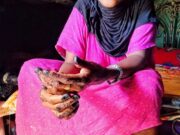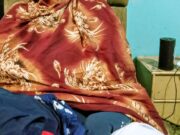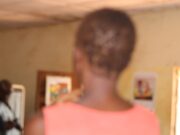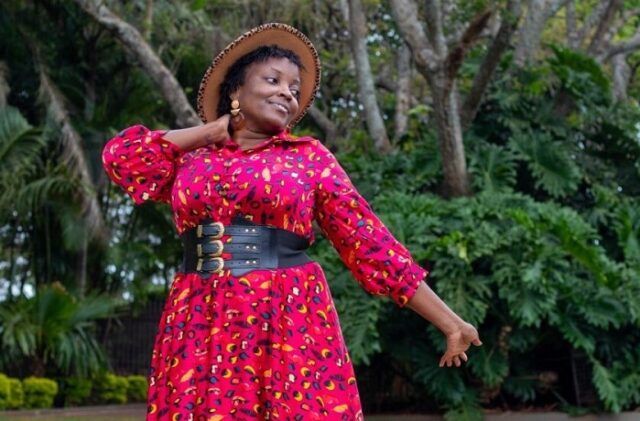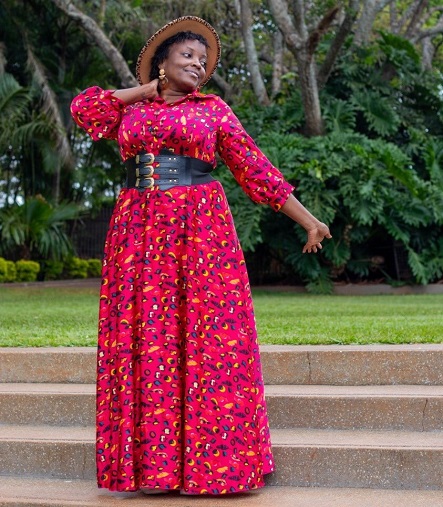How is the menstruation experience for girls and women who are visually impaired? Eve Kibare, 32, also known as ‘The Newly Blind Girl’ lost her eyesight two years ago and is today one of the leading voices from the visually impaired community. In this article, Eve shares her personal experiences with her period, opening up about her fears and scares. Her experience gives us insights into how visually impaired girls and women manage their menses each month. Eve published her experience on Twitter.
“One of the things I am struggling with after losing my sight, is my monthly periods. Whenever the days draw nearer, and my body begins to feel the changes, I begin to slowly panic and feel sense of dread.
“Am I going to soil myself? Did I mess my beddings? Have I stained my clothes?!” I keep asking myself. Then my stomach ties to knots, when I discover that I may have actually done one of the messes.
Messing myself is not the bigger problem, but the cleaning of the mess. Before, this problem was solved privately, but now without sight, I will need external help to clean my mess up.
While growing up, I was taught to clean up after myself to a certain standard, in order to be held with dignity as a lady. Imagine not being able to achieve this simple task, because something went wrong somewhere in my life!
Will I still be held with the same dignity, when I ask someone else to clean my mess because I can longer see what I am doing, therefore I shall not clean it right?
The feeling of being treated with contempt because of something that is not within your control, always breaks my heart. Do we give the allowance of people not being perfect in our world, even when they are living their imperfect lives.
What do the visually impaired girls go through when they are in boarding school? Will we treat them with the same dignity even when their clothes maybe stained without their knowledge?
Do we inform our house managers about the special need of cleaning our clothes during such moments, or should we continue suffer in silence. Kindly note that I don’t necessarily stain or mess my clothing every month, but it happens.
The reason I am writing this, is to shed some light on some insecurities that people face after an illness or disability. I fight with feeling every month, because I want to hold to my dignity.
Other women may be suffering from illnesses like fistula, MS, Bladder infection and the likes while being visual impaired. Who will clean up after them without making them feel less than and help them get over the feeling of being undignified.
So, as I breathe a sigh of relief for having a stain free month, I hope that I will finally finish this dance, by acquiring a washing machine eventually in my home. Be kind to people in a vulnerable position in their lives.
I would like to turn back the hands of time, and get my sight back, so that I could do things as I used to, but unfortunately, I can’t. The best we can do, is work with what we have.”
Thank you Eve for sharing your story, which has helped broaden our understanding on the menstrual experiences of women and girls with disability.
For more experiences by Eve, follow her on her Twitter and You Tube platforms.
Are you a woman with disability? How do you manage your monthly period? You can write to me on maryanne@mummytales.com and I’ll get back to you.
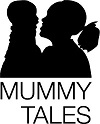 Mummy Tales is a platform dedicated to empowering its readers on different aspects of womanhood and motherhood. Read more motherhood experiences of Kenyan moms here. Connect with Mummy Tales on: FACEBOOK l YOU TUBE l INSTAGRAM l TWITTER
Mummy Tales is a platform dedicated to empowering its readers on different aspects of womanhood and motherhood. Read more motherhood experiences of Kenyan moms here. Connect with Mummy Tales on: FACEBOOK l YOU TUBE l INSTAGRAM l TWITTER














